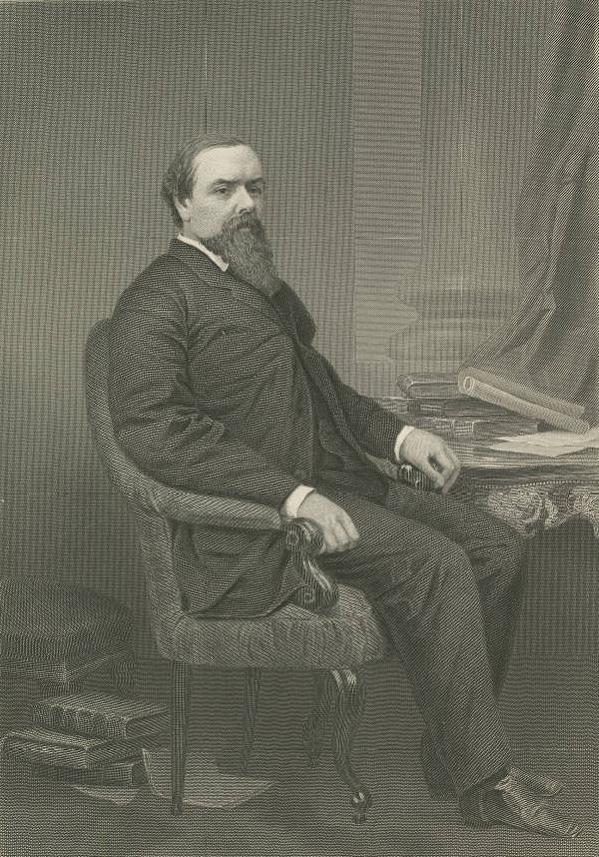The Fusion Movement was a political coalition that evolved into the Indiana . The Kansas-Nebraska dispute of 1854 triggered an effort in Indiana to bring together such diverse groups as Old Whigs, antislavery Free Soil men, anti-Nebraska Democrats, Know-Nothings, and supporters of temperance legislation. These groups successfully coalesced, temporarily, in the so-called Fusionist movement.

The state Fusion convention, which met in Indianapolis in July 1854, called for restoration of the Missouri Compromise and repeal of the Kansas-Nebraska Act and opposed the extension of slavery into the territories. The delegates to the convention nominated an entire slate of candidates for state offices and announced support for candidates in all of Indiana’s 11 congressional districts. The Fusion ticket, running under the banner of the People’s party, captured state offices by margins of about 13,000 votes and won 9 of the 11 congressional seats. Fusionists won overwhelmingly in the northern two-thirds of the state.
In 1856, an effort was made to hold together the coalition that had won so decisively two years before. The People’s Party continued to oppose the Kansas-Nebraska Act and sent delegates to the first Republican national convention in Philadelphia. At the state convention, the Fusionists selected (a Democrat until 1854) as their nominee for governor.
In spite of Morton’s intense and able campaign, Democrat Ashbel Willard defeated him by nearly 6,000 votes. The Democrats won back four and retained two congressional seats, while People’s Party candidates were successful in five districts.
But the emerging German vote, especially in Marion County, moved toward the People’s Party in 1856 and became a critical factor in Republican victories in the future (see ). Fusion was thus a transitional stage that provided a vehicle for many politically disaffected individuals in the mid-1850s to find their way into the emerging Republican Party.

Help improve this entry
Contribute information, offer corrections, suggest images.
You can also recommend new entries related to this topic.

